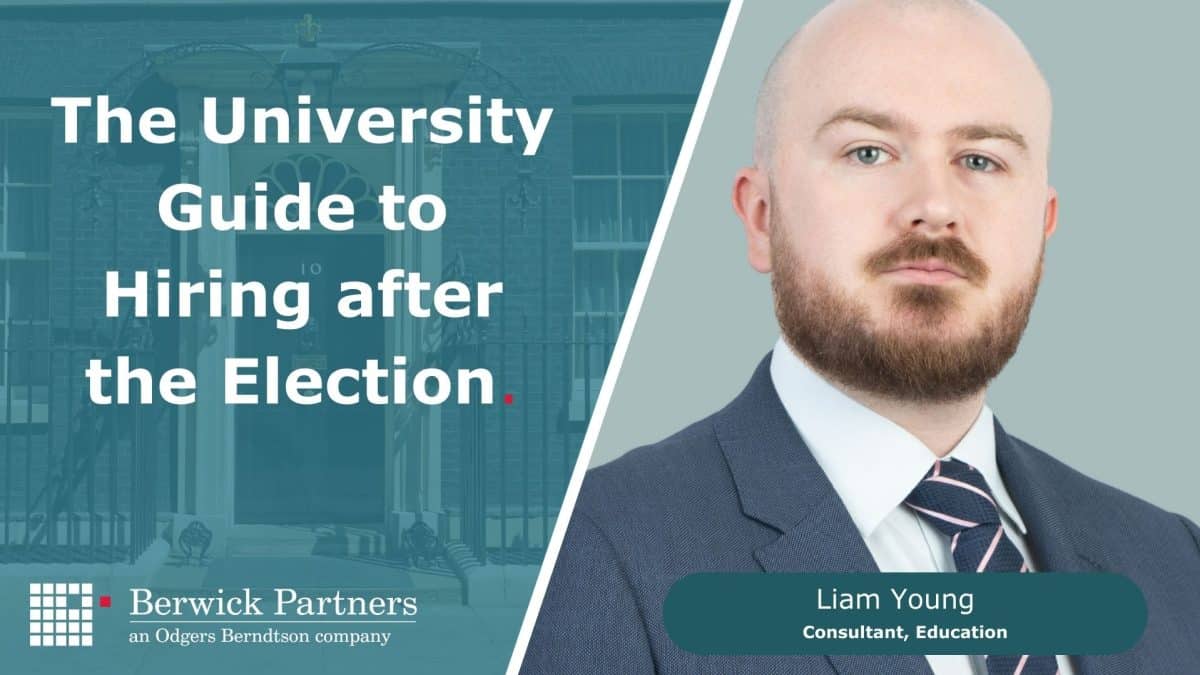UK General Election 2024: Higher Education in the spotlight
The General Election campaign has begun, and somewhat unexpectedly, higher education has taken centre stage. Political parties are racing across the country, presenting their education strategies with higher education as a key focus.
Rishi Sunak has anchored the Conservative education strategy on high-skilled apprenticeships, promising to create 100,000 new positions annually. Sunak aims to dismantle what he terms “rip-off degrees”. He argues this plan will provide young people with valuable employment opportunities and financial security, free from student debt.
By reallocating funds from what he has called “underperforming” courses, estimated to save £910 million, the Conservatives plan to invest £885 million in these apprenticeships by the end of the next parliament in 2029-30. To achieve this, the Conservatives propose enhancing the powers of the Office for Students to close degree courses deemed to be underperforming.
Labour leader Sir Keir Starmer has focused on reforming the existing student fees system to make it more equitable. Although he had previously pledged to abolish tuition fees, Starmer has tempered this promise, citing the need to prioritise funding for the National Health Service.
Starmer remains committed to making higher education more accessible, criticising the current system as “unfair and ineffective.” He pledges to develop a fairer package for student finance, though specific details are currently lacking.
Labour’s plan involves adjusting graduate repayment schemes to be more income-sensitive, aiming to alleviate the financial pressure on lower-earning graduates. Starmer also acknowledged the financial strain on universities. Amid warnings from vice-chancellors about potential financial crises, Labour has signalled a need for change, with further details likely to emerge in the party’s manifesto.
The focus on higher education by both major parties has significant implications for the sector. University leadership will need to navigate these policy shifts, regardless of who wins the election. Leaders must stay agile and proactive in response to these potential reforms to ensure they continue to meet the needs of students and staff.
As the General Election campaign gains momentum, higher education may play a greater role than previously expected. Whether it will be top of mind for voters remains to be seen, but any further announcements by the parties will be closely monitored across the sector.
Our role as an executive search firm is to support institutions in finding the right leaders to navigate this evolving landscape, ensuring they can adapt and thrive no matter the political outcome. We will continue to assist clients from across higher education, helping them navigate the market and assist with their crucial hiring needs in this evolving landscape.
This article was written by Liam Young, Consultant in our Education Practice.




